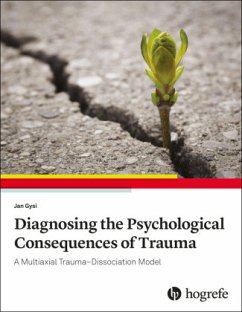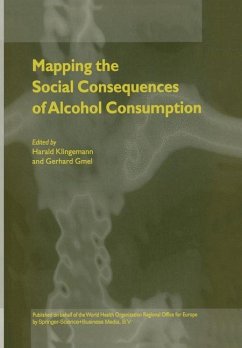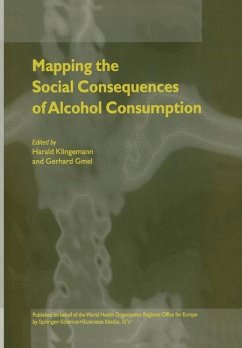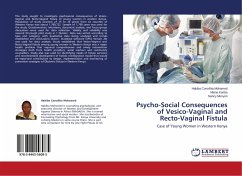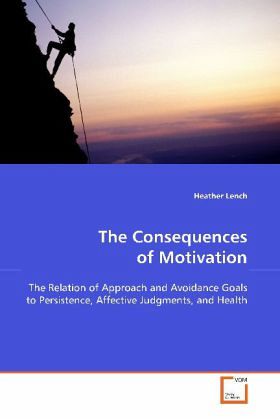
The Consequences of Motivation
The Relation of Approach and Avoidance Goals to Persistence, Affective Judgments, and Health
Versandkostenfrei!
Versandfertig in 6-10 Tagen
32,99 €
inkl. MwSt.

PAYBACK Punkte
16 °P sammeln!
We pursue goals every day for our relationships,jobs, leisure, and personal growth. The quality of alife depends to a large extent on attaining positiveoutcomes and avoiding negative outcomes. Toaccomplish these goals, people must pay attention tothe outcome and invest effort in pursuit of the goal.Emotion serves to motivate people physically andmentally to pursue goals, but the specific emotionsthat people experience is likely to vary depending onthe type of goal being pursued. Avoiding a rushingtiger is best facilitated by fear, whereas winning amarathon is best facilitated by increasing exc...
We pursue goals every day for our relationships,
jobs, leisure, and personal growth. The quality of a
life depends to a large extent on attaining positive
outcomes and avoiding negative outcomes. To
accomplish these goals, people must pay attention to
the outcome and invest effort in pursuit of the goal.
Emotion serves to motivate people physically and
mentally to pursue goals, but the specific emotions
that people experience is likely to vary depending on
the type of goal being pursued. Avoiding a rushing
tiger is best facilitated by fear, whereas winning a
marathon is best facilitated by increasing excitement
as the finish line approaches. This publication
includes theory and research examining the
consequences of goals and emotional reactions for
persistence during difficult tasks, affective
judgments and health.
jobs, leisure, and personal growth. The quality of a
life depends to a large extent on attaining positive
outcomes and avoiding negative outcomes. To
accomplish these goals, people must pay attention to
the outcome and invest effort in pursuit of the goal.
Emotion serves to motivate people physically and
mentally to pursue goals, but the specific emotions
that people experience is likely to vary depending on
the type of goal being pursued. Avoiding a rushing
tiger is best facilitated by fear, whereas winning a
marathon is best facilitated by increasing excitement
as the finish line approaches. This publication
includes theory and research examining the
consequences of goals and emotional reactions for
persistence during difficult tasks, affective
judgments and health.



